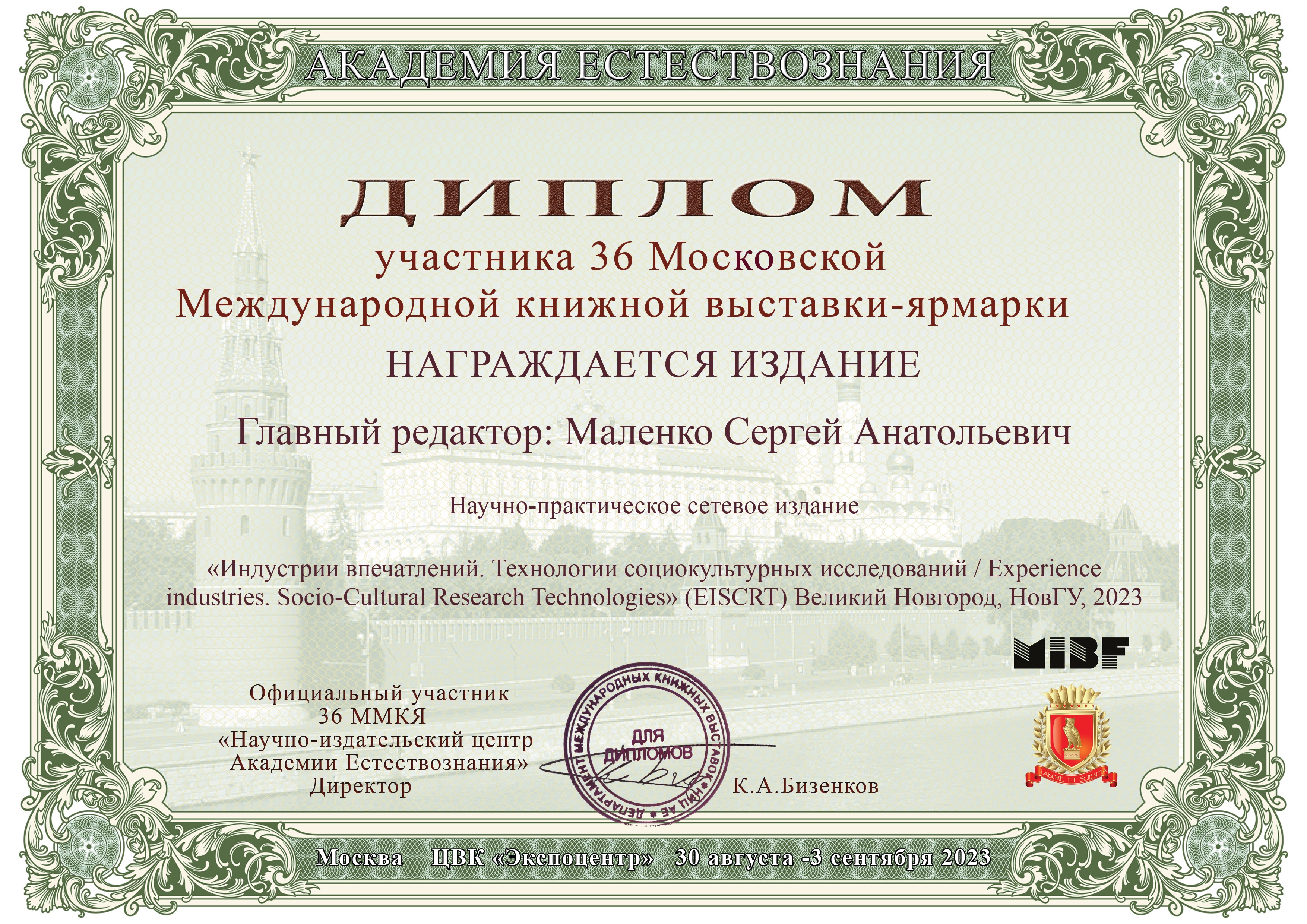SCENARIOS OF MILITARIZATION OF EVERYDAY LIFE IN AMERICAN HORROR FILMS. PART 1
DOI:
https://doi.org/10.34680/EISCRT-2023-2(3)-99-125Keywords:
Homo Militaris, everyday life, game, desacralization, family, home, communication, visualization, elite leisure, war, American horror film, biopoliticsAbstract
The widespread militarization of civilizational spaces naturally affected not only official, but also informal social environments. In the context of modern media culture, for the first time in the history of civilization, it is possible to directly introduce these forms of communication into the everyday environment of ordinary people. It is here, thanks to American horror films, that the fundamental ideological substitution of everyday forms of communication with bipolitical patterns of feelings, thoughts and behavior takes place. The visual appeal of the imposed media content contributes to the widespread displacement of family and clan relations by their institutional and industrial surrogates. By making this substitution, modern biopolitics provokes ordinary people to destroy the traditional system of values and accept militarized everyday life as the natural way of human existence.
For citation:
Malenko, S. A., & Nekita, A. G. (2023). Scenarios of militarization of everyday life in american horror films. Part 1. Experience industries. Socio-Cultural Research Technologies (EISCRT), 2 (3), 99-125. (In Russian). https://doi.org/10.34680/EISCRT-2023-2(3)-99-125








